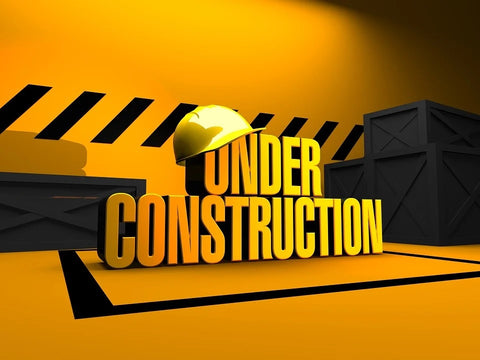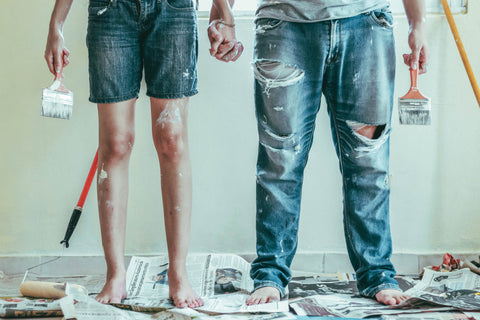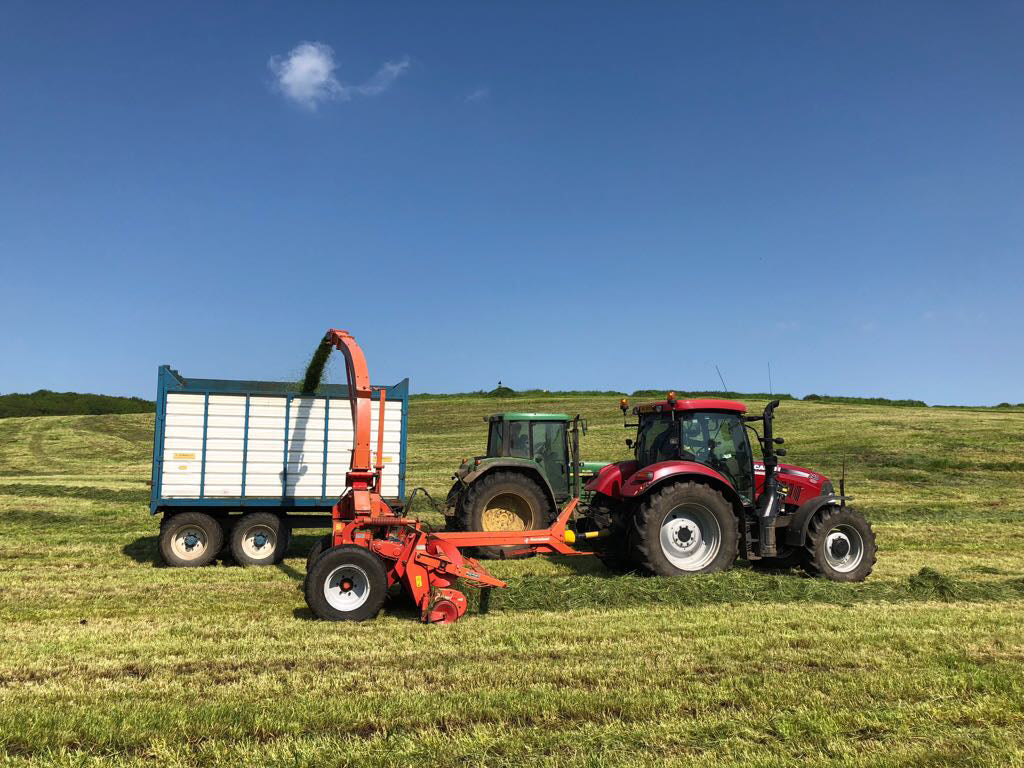




Here at Recoil, your knees are important to us. The main reason these kneepads were created was to prevent knee pain. We asked a member of our team to interview her father who recently had a knee replacement. We wanted to really understand what occurs before, during and after a knee replacement so we can be more aware of what some of our customers go through and how we can help them. Charlie is a Farmer who spends the majority of the day on his feet. We asked him about his journey and about the lessons he has learnt.
“Before the surgery, the pain was often unbearable. There was constant stiffness in my knee, I tried stretching it but it would do absolutely nothing. The long, persistent throbbing was the worst. I remember I was so worried that I wouldn’t be able to walk my daughter down the aisle at her wedding, that’s how bad it was. Such simple things, I couldn’t do. I remember spending months in agony waiting for my surgery.”
“It actually prevented me from doing quite a lot. Kneeling down was impossible. I am a farmer and I was unable to fix my machinery when it had broken down. It really restricted the type of work I was able to do. It meant that I had to rely on my wife to do a lot of things for me, which is something I am not used to.”
“During the surgery I stayed awake through the whole thing. I had an epidural so couldn’t feel anything from the waist down. I actually decided to watch it happening. It was a bit freaky. But I didn’t really feel like it was my knee because I couldn’t feel a thing. The surgeon removed the tip of my femur and removed the head of the tibia and fibia and replaced it with a plastic and metal prosthesis. This was cemented in place of the knee joint.”
“The pain, post surgery,was pretty horrendous. I don’t want to sugar coat it, it really was awful. When the anaesthetic wore off, the pain was controlled by heavy pain killers and it was still very sore, I wouldn’t want to think what it would be like without the pain killers!”
“Oxycompton and Cocodamol. I was very grateful for them!”
“I really wish Id taken the advice from people older than me and just worn kneepads. It would have prevented all the pain and would have allowed me to go through airport security without having to explain that I have a metal knee to the airport staff!”
“I purchased a set of exercise pedals which helped me get the movement back into my knee. I started using it 3 to 4 weeks after I had the surgery. Prior to that, I would put a plastic bag underneath my foot and try to slide it towards the chair I was sitting on. The goal of this was to get my leg to sit at 90 degrees. It was pretty difficult to get to 90 degrees but I did it! Motivating myself was quite difficult because doing the exercises was pretty sore. I knew if I didn’t do them it could affect my mobility for the rest of my life, I guess that was my motivation!”
“All hindsight – make sure you attend to an injury at the time. Make sure you protect you knees properly. I also learned how important it is to do the exercises the physio gives you post surgery. I also learnt that any injury to the knee or the muscles around the knee must be corrected at the time they happened. I just really wish I’d looked after my knees.”
This interview really showed us how important your knees are. It showed us that from making one small change, wearing kneepads, can make a huge difference.
Thanks for reading!